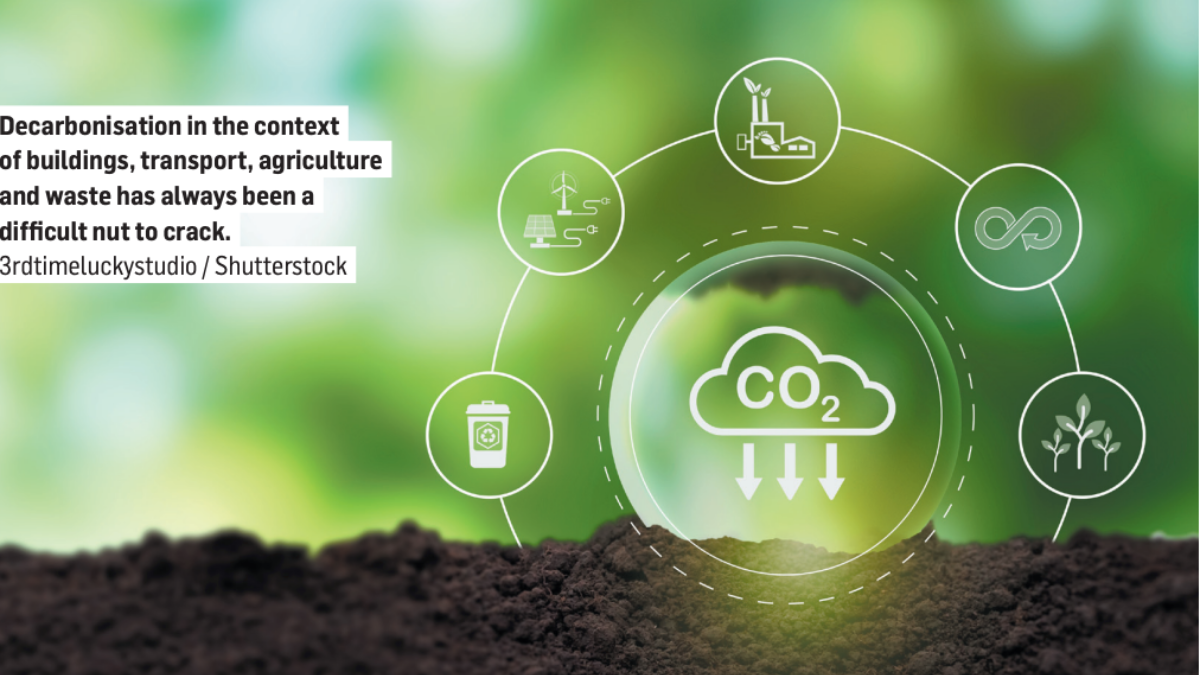The headline on 19 March 2024 on BBC News confirmed what was feared: “Scotland’s climate target unreachable says watchdog”.
The ambitious target of 2030 to reduce greenhouse gas emissions by 75% was an announcement which was met with much fanfare, and the Scottish Government was lauded for leading the way in its ambition to address climate change.
But we have now had confirmation in the Climate Change Committee (CCC) report of 20 March 2024 that the target is not going to be met, and a very frank assessment was delivered by the CCC as to why, in summary, a failure to plan has resulted in a plan to fail.
Since the target was set, Scotland has failed to meet more than half of the annual emissions targets and there are significant delays to the publication of the draft Climate Change Plan. CCC’s view is that the acceleration required to reach the 2030 target is “beyond what is credible”. So where do we go from here?
Enormous success has been achieved in renewable electricity generation over the last couple of decades, particularly in offshore wind, but the flip side of the coin (decarbonisation) remains as elusive as ever.
The decarbonisation challenge has always been a more difficult nut to crack. Think decarbonisation in the context of buildings, transport, agriculture, and waste – amongst others – and you get a sense of how varied, disaggregated and complex the issues are.
There is no single fix in relation to tackling emissions, which are spread across multiple sectors, each requiring bespoke solutions, and it perhaps gives some insight into why less progress has been achieved. However, with temperatures rising and no sign of climate change disappearing we need some fast thinking and even faster deployment to get back on track.
The light at the end of the tunnel is that we have a sector known for its innovation and ambition and the advances made in decarbonisation technology should provide cause for optimism.
Add to that the expertise across technical, legal and financial sectors and you have the ingredients for making a real step change. So what do we need from the Scottish Government to regain the lost ground? The CCC provided a shopping list of recommendations ( 15 in total) and it remains to be seen how quickly the Scottish Government will react, the timing not helped by it being an election year.
There are non-financial government levers which would accelerate decarbonisation progress: expedited planning and streamlined procurement would be a fantastic start, and perhaps a willingness to recognise that partnering with industry can bring a huge raft of benefits.
As a country known for innovation, ambition and world-class teaching facilities we need to grab the decarbonisation opportunity. That requires the Scottish Government and a variety of sectors and businesses to work closely together to make the country a destination of choice for investment and innovation.
New net-zero solutions should be prioritised, supported and deployed, creating export opportunities in technology, products and skills as well as opportunities for jobs, investment, development of a thriving supply chain and decarbonisation across multiple sectors.
If the Scottish Government, industry, education and finance work together, the possibility of becoming a global centre for excellence in net-zero solutions is within reach, and the opportunity is enormous.
In light of the CCC report, collectively we must (quickly) make bold decisions and take decisive action to address the decarbonisation inertia of recent years.
Clare Foster is a confirmed speaker at All-Energy, the UK’s largest renewable and low-carbon energy exhibition and conference, taking place in Glasgow on 15-16 May.
Visit Shepherd and Wedderburn’s All-Energy hub at www.shepwedd-allenergy.com



